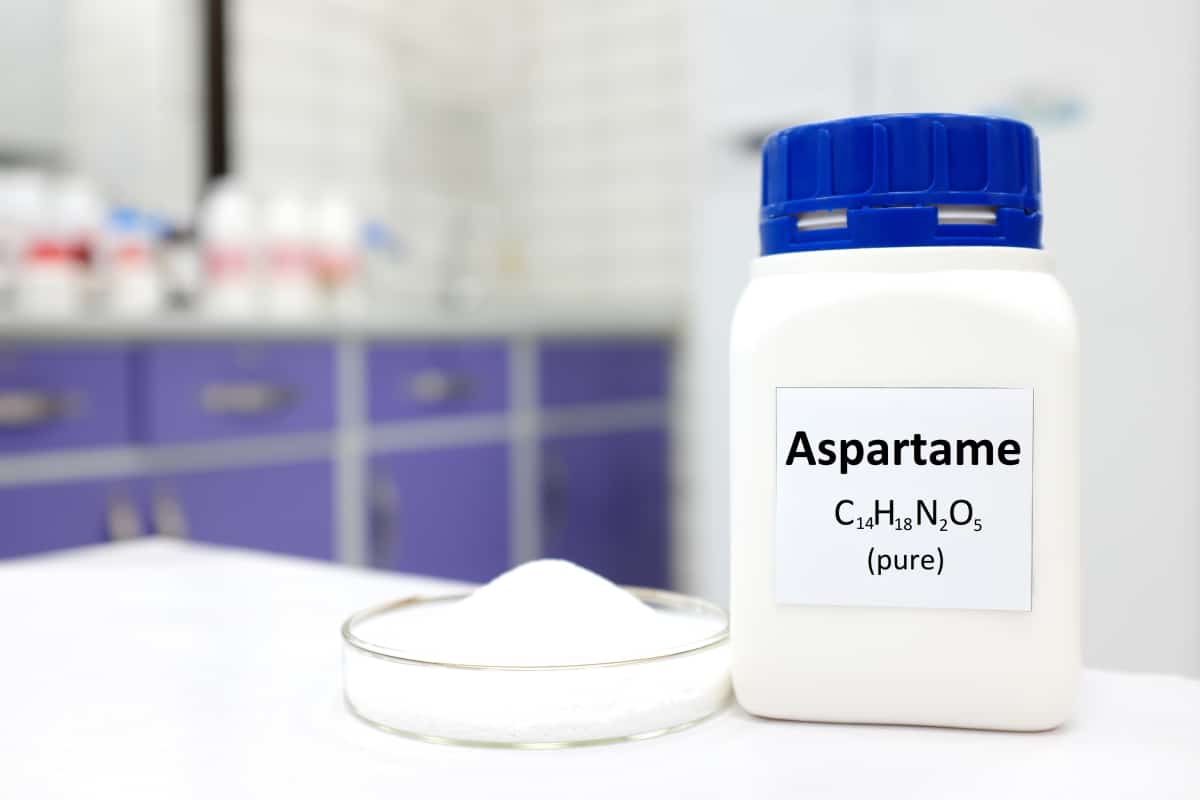Aspartame, a sweetener found in various products such as Diet Coke, is reportedly going to be declared as a potential carcinogen by the International Agency for Research on Cancer (IARC), part of the World Health Organization. This categorization, scheduled to be announced on July 14, does not account for safe consumption levels of the product and is based on all published evidence.
Key Points:
- The sweetener aspartame, found in a range of products like Diet Coke, Fanta Zero, and Wrigley’s Extra chewing gum, is set to be labeled as “possibly carcinogenic to humans” for the first time by the IARC.
- The IARC’s findings, finalized after consultations with external experts, aim to determine potential hazards based on all published evidence, but do not take into account safe consumption quantities of the product.
- Separate advice on safe consumption will be issued by the WHO’s expert committee on food additives, known as JECFA, along with determinations from national regulators.
- While the International Sweeteners Association has criticized the IARC’s review as not scientifically comprehensive and potentially misleading for consumers, a source close to the IARC stated that the aspartame listing is intended to stimulate further research.
- The decision on aspartame’s carcinogenicity is expected to be announced on 14 July, stirring concerns about potential confusion among businesses and regulators if both safety and carcinogenicity assessments are released around the same time.






